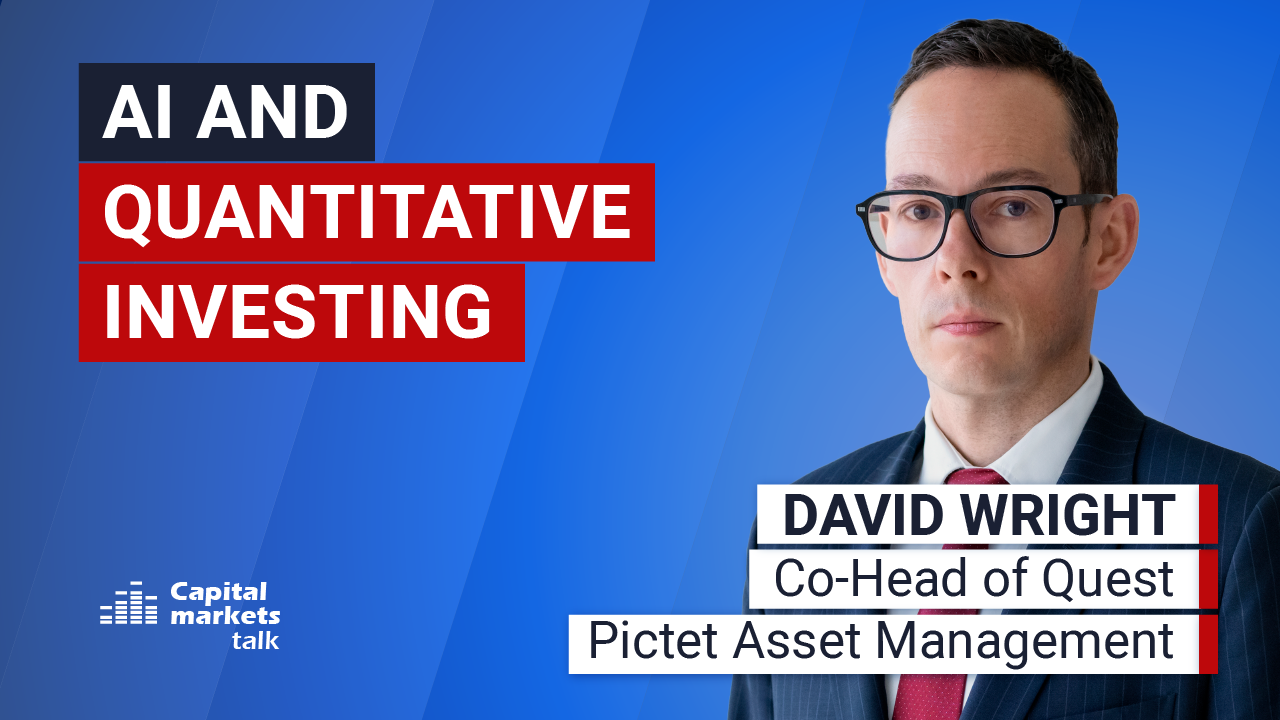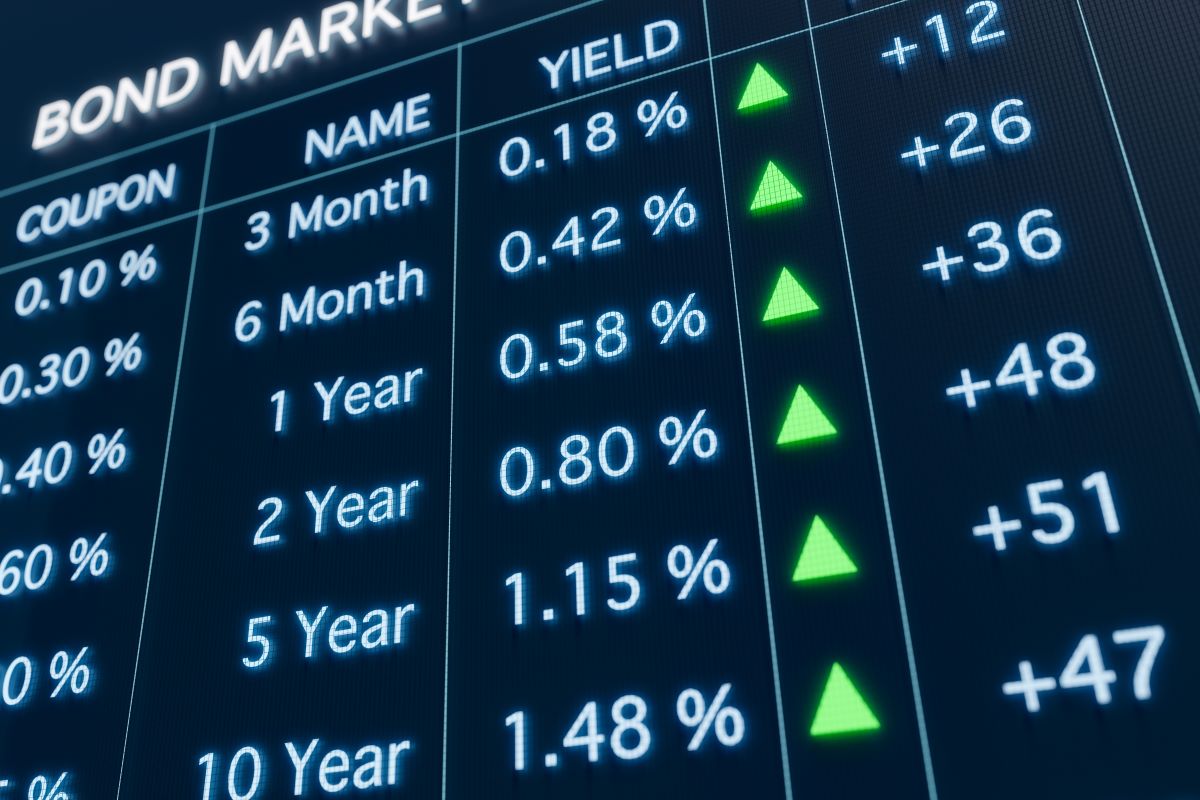Bond valuations and yields have become attractive relative to 2021 amidst the general market consensus of inflation having peaked and the central banks going dovish on rate hikes. Favourable conditions for the bond market are arising with greater investor demand for global fixed income in 2023, write Paul Grainger, Head of Global Fixed Income & Currency, and James Bilson, fixed income strategist, at Schroders.
The highlight is on four factors that might affect global fixed income in early 2023.
Inflation: A ‘bullwhip’ effect is taking shape and inflation is finally easing for several regions. Inflation has been high for the entirety of 2022 and 2023 might bring some relief for the bond market.
Schroders points to goods inflation finally easing and it might be an ‘encouraging sign’ moving into 2023. Easing inflation will be a major factor influencing global bonds and bond volatility.
Monetary tightening: Even though Central Banks in several regions have raised rates throughout 2022 to keep inflation in check, there is a belief that the effect of the monetary policies has not yet taken shape.
“Our expectation is that over the coming months we will see clearer signs of the tightening of financial conditions impacting growth,” write Grainger and Bilson, who expect central banks to take into consideration the rates once it is priced into the economy. This creates opportunities for investing in global sovereign bonds.
Global Scenario: There is an imminent slowdown in the form of an energy crisis that Europe faces. Schroders anticipates the decline to slow down expecting that the ‘crisis may have peaked.’
There is also good news coming in from China which has, in the past month, moved away from several zero-Covid restrictions and is well and truly looking at a pivot in economic activity.
Housing to curtail hiking cycles: Sensitive economies’ central banks might slow down on their hiking cycles to brace the impact of high household debt and high income-to-price ratio.
“We believe this provides significant relative value opportunities, to be long on a cross-market basis the bonds of the most vulnerable countries,” as per Schroders.
View the complete insight here.
Read more

Global Trade
Trump ignites global trade war / Reactions
The USA itself will be the victim of Trump’s trade policy.

Private Debt
The case for private debt in real asset financing
What makes the combination of private debt and real assets particularly compelling in today’s market?

Schroders
Looking ahead: 30-year return forecasts
Higher returns are expected across asset classes, driven by stronger productivity growth for equities and elevated long-term central bank rate projections for bonds.

Quant Investing
AI and quantitative investing
Artificial intelligence applications go way beyond stock selection.

Bellevue Asset Management
Demographics and AI drive MedTech stocks
MedTech investment case: What makes it attractive, which trends stand out?





















